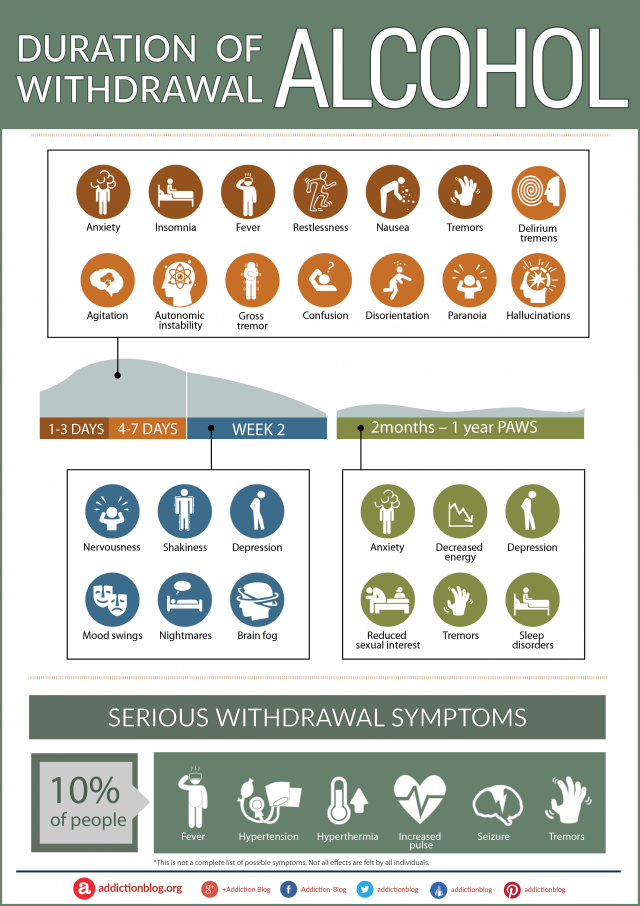Uncover the mysterious elements impacting your level of intoxication – from genetics to metabolism, the secrets behind your drunkenness level.
Table of Contents
Alcohol consumption is a common social activity enjoyed by many around the world. While moderate drinking can be a part of a healthy lifestyle for some, it is crucial to understand the effects of alcohol on your body and mind. One question that often comes to mind is: How many beers does it take to get drunk? Let’s delve into the science behind intoxication to find the answer.
The Science Behind Alcohol Metabolism
alcohol metabolism is a complex process that occurs in the liver. When you consume alcohol, enzymes such as alcohol dehydrogenase and acetaldehyde dehydrogenase break down the alcohol into acetaldehyde, then further metabolize it into acetic acid. The speed at which this process takes place can vary from person to person.
Genetics play a significant role in alcohol metabolism. Some individuals may have genetic variations that result in faster or slower alcohol metabolism. Additionally, liver health can impact how efficiently the liver processes alcohol. Individuals with liver damage or disease may metabolize alcohol at a slower rate, leading to higher blood alcohol levels.
Individual Tolerance Levels
Tolerance to alcohol refers to the body’s ability to handle and process alcohol. Factors like body weight, gender, and frequency of alcohol consumption can influence an individual’s tolerance levels. Generally, larger individuals may require more alcohol to feel its effects compared to smaller individuals. Gender differences also play a role, as women tend to have a lower tolerance for alcohol than men due to differences in body composition and enzyme activity.
Regular drinkers may develop tolerance over time, requiring more alcohol to achieve the desired effects. It is essential to be mindful of your own tolerance levels and not exceed them to avoid negative consequences.
Factors Influencing Intoxication
Several factors can influence how quickly someone becomes intoxicated after consuming alcohol. Mixing alcohol with other substances such as medications or illicit drugs can amplify its effects and increase the risk of adverse reactions. It is crucial to be aware of potential interactions and avoid mixing alcohol with substances that can heighten intoxication.

Image courtesy of addictionblog.org via Google Images
Other factors that can impact intoxication include the rate of alcohol consumption, hydration levels, and food intake. Drinking alcohol rapidly can lead to a quicker increase in blood alcohol concentration, potentially resulting in faster intoxication. Staying hydrated and consuming food before drinking can help slow down alcohol absorption and mitigate its effects.
Conclusion
Understanding how alcohol affects your body and mind is essential for responsible drinking. While it may be tempting to test your limits and see how many beers it takes to get drunk, it is crucial to prioritize your health and safety. By being aware of factors such as alcohol metabolism, individual tolerance levels, and influences on intoxication, you can make informed decisions about alcohol consumption and avoid potential risks.
Remember, moderation is key when it comes to alcohol consumption. Listen to your body, know your limits, and always drink responsibly. If you have any concerns about your alcohol consumption or its effects on your health, seek guidance from a healthcare professional. Cheers to enjoying alcohol in a safe and mindful manner!
FAQs
How does genetics impact alcohol metabolism?
Genetics can influence the speed at which the body metabolizes alcohol. Some individuals may have genetic variations that result in faster or slower alcohol metabolism, affecting how quickly they become intoxicated.
What factors contribute to individual tolerance levels?
Body weight, gender, and frequency of alcohol consumption can impact tolerance levels. Larger individuals may require more alcohol to feel intoxicated, while women tend to have lower tolerance levels than men.
How can mixing alcohol with other substances affect intoxication?
Mixing alcohol with medications or illicit drugs can amplify its effects and increase the risk of adverse reactions, leading to heightened intoxication. It is crucial to be aware of potential interactions to avoid negative consequences.
Why is it important to drink alcohol in moderation?
Drinking alcohol in moderation is essential for your health and safety. Testing your limits and pushing boundaries can lead to potential risks and adverse effects. By being mindful of your alcohol consumption and knowing your limits, you can enjoy alcohol responsibly.
Generated by Texta.ai Blog Automation


Leave a Reply